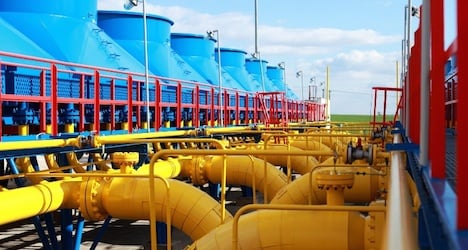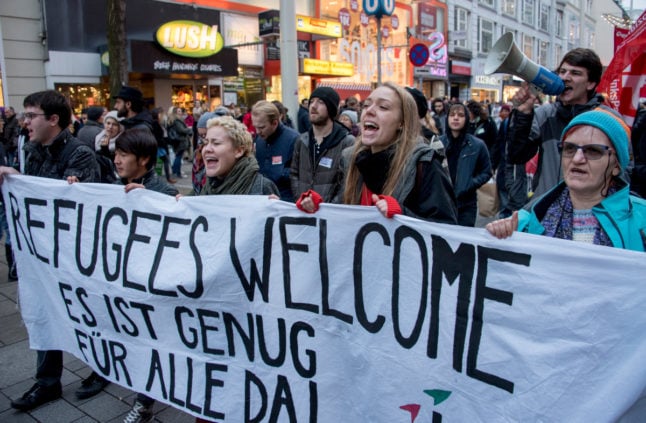But the EU member states appears deeply divided on the project with several states that depend on Russian gas transported via Ukraine supporting it.
Austria, Slovenia express support
Austria and Slovenia on Friday voiced support for the pipeline, saying it will ensure a stable energy supply.
"I believe that the South Stream project is the right and possible path to ensure a mid-term energy supply sustainability", Austrian Chancellor Werner Faymann said after meeting his Slovenian and Croatian counterparts.
"Austria in principle backs the South Stream project … and we believe it should be carried out for the mid- and long-term sustainable supply of natural gas," said Faymann who is set to meet Putin for talks on Tuesday.
Prime Minister of Slovenia Alenka Bratusek struck a similar note, calling South Stream "a vital infrastructure project."
"There are still some technical issues that remain open and have to be solved with the EU," she added.
Moscow-based political analyst Alexei Mukhin said Brussels appears ready to sacrifice its economic interests for the sake of teaching Russia a lesson.
Separately, during his Austria trip Putin will meet with OSCE chairman Didier Burkhalter to discuss the Ukraine crisis.



 Please whitelist us to continue reading.
Please whitelist us to continue reading.
Member comments